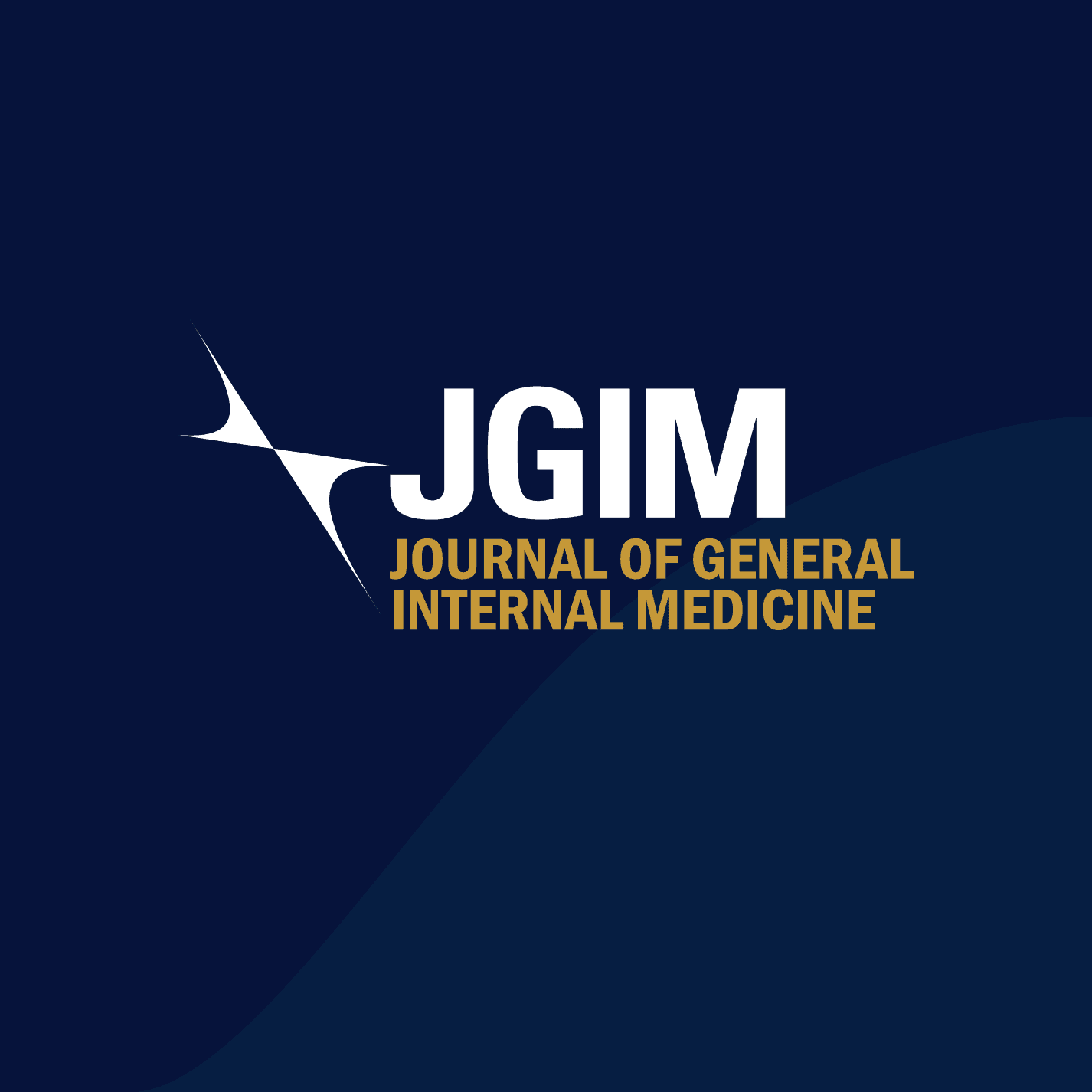Abstract
Background
Undocumented individuals with hematologic malignancies in the United States face barriers to receiving often-curative stem cell transplant (SCT), instead receiving inferior treatment with higher mortality. Federal and state policies’ impact on undocumented individuals’ lived experiences goes unnoticed.
Objective
To understand the experiences of this rare population of undocumented individuals with hematologic malignancies who cannot receive medically indicated SCT.
Design, Participants, and Approach
This qualitative study used semi-structured interviews with undocumented individuals diagnosed with SCT-eligible hematologic malignancies between June 2021 and June 2022 at an academic and a safety-net hospital in Colorado. Interviews were recorded, transcribed, and analyzed using principles of grounded theory and thematic analysis.
Key Results
Seven individuals (2 (29%) female, 5 (71%) male, mean age [SD] 44 [15.8]) were interviewed. Themes were divided into those unique to the undocumented immigrant experience and those unifying with the cancer illness experience.
Themes unique to the immigrant experience
Theme 1: Cancer and immigration status
- Debilitating cancer symptoms disrupt legal immigration process
- Feeling dehumanized when health insurance determines ability to live
- Fatalism and resignation to inadequate care
Theme 2: Appreciation and Gratitude for Advocacy
- Awareness of physician advocacy
Theme 3: Pride and purpose in the United States
- Desire to make a positive impact on society
- Pride in immigrants’ contribution to US workforce
Unifying themes related to cancer experience were
Theme 4: Adversity related to cancer care and treatment
- Feeling dismissed and delayed diagnosis
- Financial hardships intensify emotional and physical burden
- Burdening family
- Social isolation
Theme 5: Support and coping mechanisms
- Embracing positivity
- Religion as a source of comfort
- Critical support from family and friends
- Gratitude for compassionate care
- Appreciation for care that is unavailable in home country
Conclusions
This unique population faces intersectional challenges due to immigration status, insurance access, and cancer. The experiences of undocumented individuals highlight the need for state policymakers to expand coverage for comprehensive cancer care.
Topic
JGIM
Author Descriptions
Department of Medicine, University of Colorado, Aurora, CO, USA
Apoorva Ram MD & Lilia Cervantes MD
Department of Hematology, School of Medicine, University of Colorado, Aurora, CO, USA
Haley M. Simpson MD, PhD
School of Medicine, University of Colorado, Aurora, CO, USA
Manisha Dubey BS & Katya Feldman BA
Share
Related Articles
Clinical Utility of Routine Monoclonal Gammopathy Testing in the Evaluation of Peripheral Neuropathy
Abstract Background Peripheral neuropathy can be associated with certain monoclonal gammopathies; therefore,…
Starting Two or More Drugs Concurrently in Primary Care: How Often Is It Done, How Often Is It Needed?
Abstract Background There is growing awareness of the need for more cautious,…


